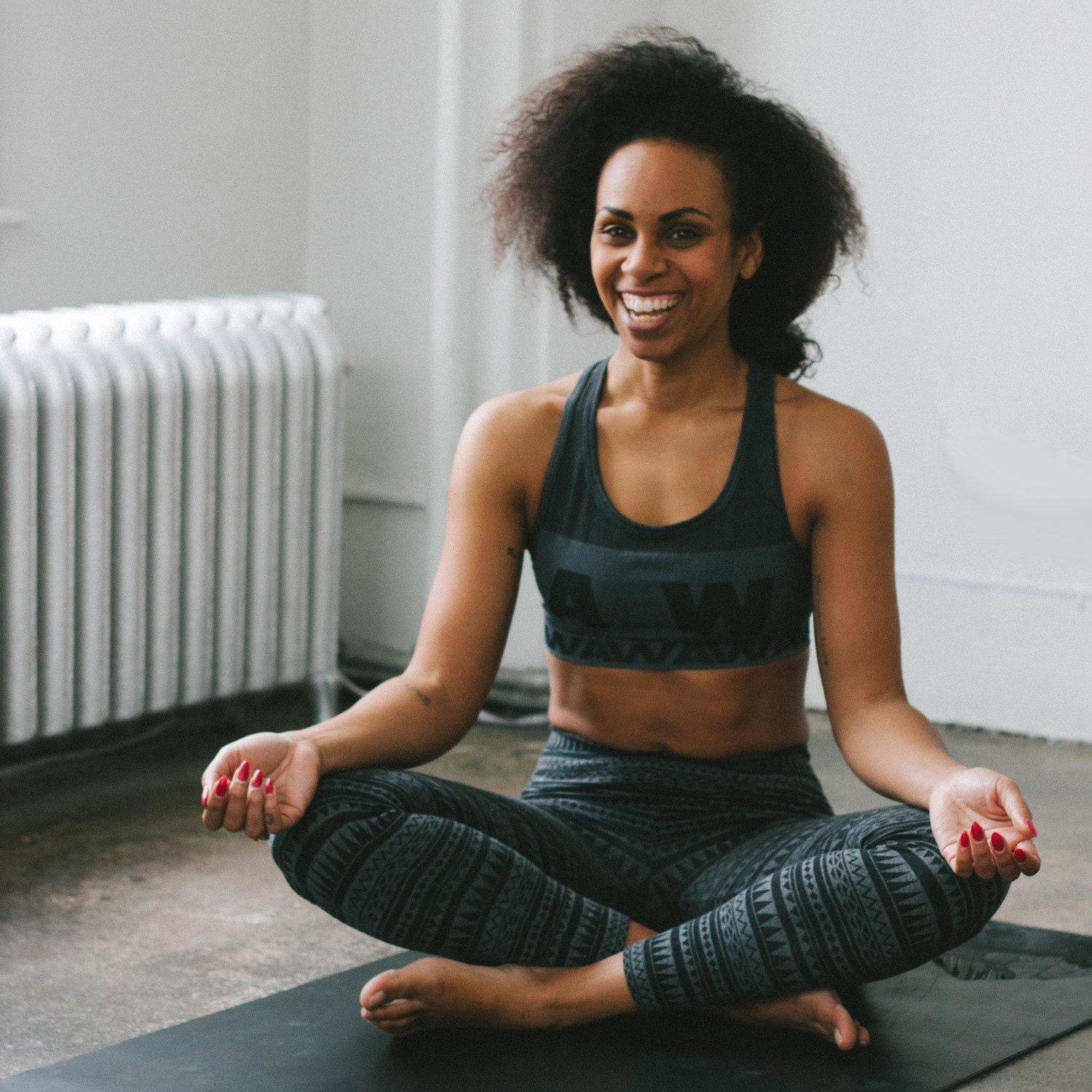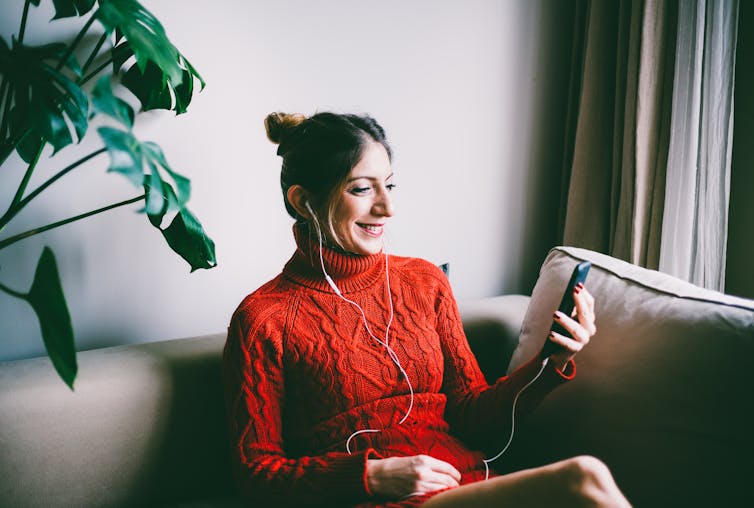Whether you are in lockdown, quarantine or self-isolation due to COVID-19, you will inevitably be spending more time at home. Following general healthy living advice such as eating a balanced diet, staying hydrated, being physically active, getting enough sleep, and managing stress are the best recommendation for staying healthy during lockdown, quarantine or self-isolation.
Eat a balanced and varied diet
Simply put, there are no foods or supplements that can ‘boost’ our immune system and prevent or treat COVID-19. Nevertheless, eating a well-balanced diet, with plenty of fruits and vegetables, whole grains, plant and animal proteins and healthy fats is the best way to get all the essential nutrients we need for good health and normal immune function. As self-isolation may lead us to be less active, it is also important to pay close attention to food portions and to keep our energy balance adjusted to meet our needs.
Establish a routine and practice mindful eating
In times of uncertainty, it is normal to feel anxious, sad, stressed and scared. Maintaining a normal daily routine can help manage some of this stress. One way we can do this is by sticking to regular mealtimes and planning meals in advance. This can help us better control hunger levels, meet our nutrient requirements and allow us to get the most out of the food we have, reducing food waste.
During long-periods of stress we may find ourselves eating more than we need. Plus, staying at home for longer periods may also lead us to snack out of boredom. Practicing mindful eating can be a useful strategy to maintain a healthy relationship with food and to helps us balance our energy intake.
Practice safe food hygiene
According to the European Food Safety Authority, there is currently no evidence that COVID-19 is transmitted through eating food. However, good food safety practices are important to minimize the risk of foodborne illnesses.
When handing or preparing food, make sure to:
- Wash your hands for 20 seconds with soap before and after preparing or eating food
- Cover your mouth and nose with a tissue or your sleeve when you cough or sneeze and remember to wash your hands after
- Wash fruits and vegetables before eating them
- Disinfect surfaces and objects before and after use
- Keep raw and cooked foods separate to avoid harmful microbes from raw foods spreading to ready-to-eat foods
- Use different utensil/chopping boards for raw and cooked foods to prevent cross-contamination
- Make sure to cook and reheat foods to adequate temperatures (≥72°C for 2 mins)
Keep hydrated
Keeping hydrated is essential for overall health. How much water we need depends on our age, sex, weight, height, level of physical activity and environmental conditions (i.e. hot weather will likely require you to drink more water). Taking into account that around 20-30% of the water we need comes from our food, the European Food Safety Authority has set average recommendations for how much water we should drink per day depending on our age
If you have access to safe tap water, this is the healthiest and cheapest drink. For a refreshing boost, you can add slices of lemon, cucumber, mint or berries. Other drinks such as unsweetened coffee and tea or iced tea, or unsweetened, infused or flavored (sparkling) water are also good choices for hydration.
Fitness

You may not be able to go to the gym, but it’s okay to walk, run or bike outside, so long as you keep a safe distance, ideally about six feet from other people, says Dr. Jennifer Lee, a clinical assistant professor of family medicine and community health at Penn Medicine. Many gyms and fitness instructors are also offering virtual classes right now.
If you’re working out at home, Boston-based personal trainer and fitness instructor Amanda Brabec suggests getting creative with things you already own. Use wine bottles for weights, dish towels for sliders (for exercises like lunges and mountain climbers) or a sturdy chair for step-ups. There are also plenty of no-equipment-required exercises, like squats, burpees, sit-ups, planks, push-ups and mountain climbers you can do in even a small space. Brabec recommends choosing five exercises, doing each for a minute, then repeating the circuit three to five times.
And take comfort in the fact that physical activity doesn’t have to mean a gym-style workout. Plenty of research shows that everyday activities like walking, gardening and cleaning slash your risk of premature death and improve your overall health so any amount of movement you can squeeze in counts.
Stress and Sleep
Managing stress and anxiety is crucial for getting enough sleep and getting enough sleep is crucial for just about every other aspect of your health. Yoga and meditation are great tools for managing stress, and they can be done in a small space; check to see if your local studio is streaming guided classes. You can also turn to apps like Headspace and Talk space for virtual mindfulness training and therapy, respectively.
Be Socially Connected

If you leave alone, you could go the whole day without speaking to anyone, this will adversely affect your mental health.
Making use of Zoom, WhatsApp, FaceTime, Skype, House party, WebEx or any other social media platform to video chat with family and friends can help you stay social and off the loneliness.


